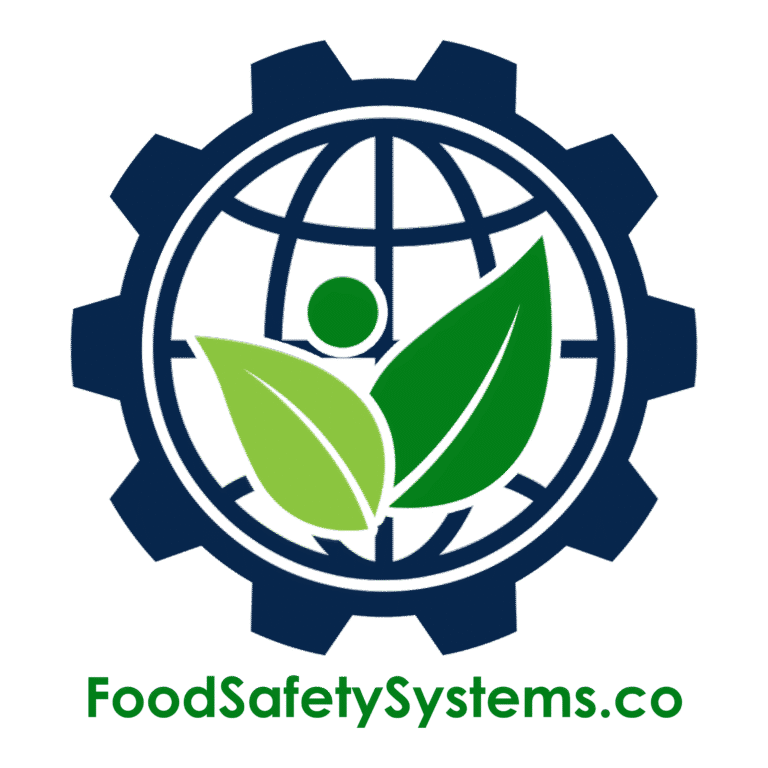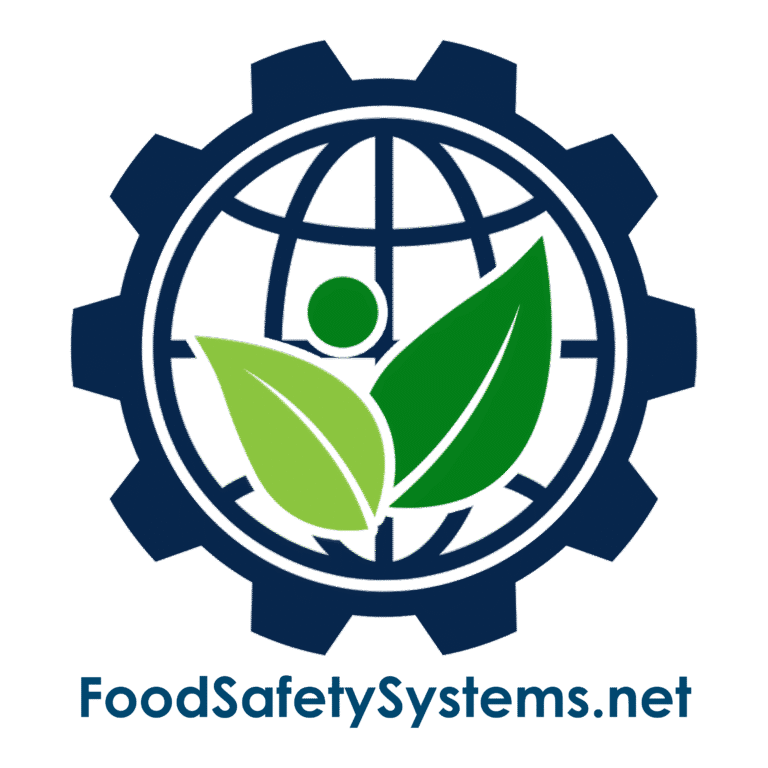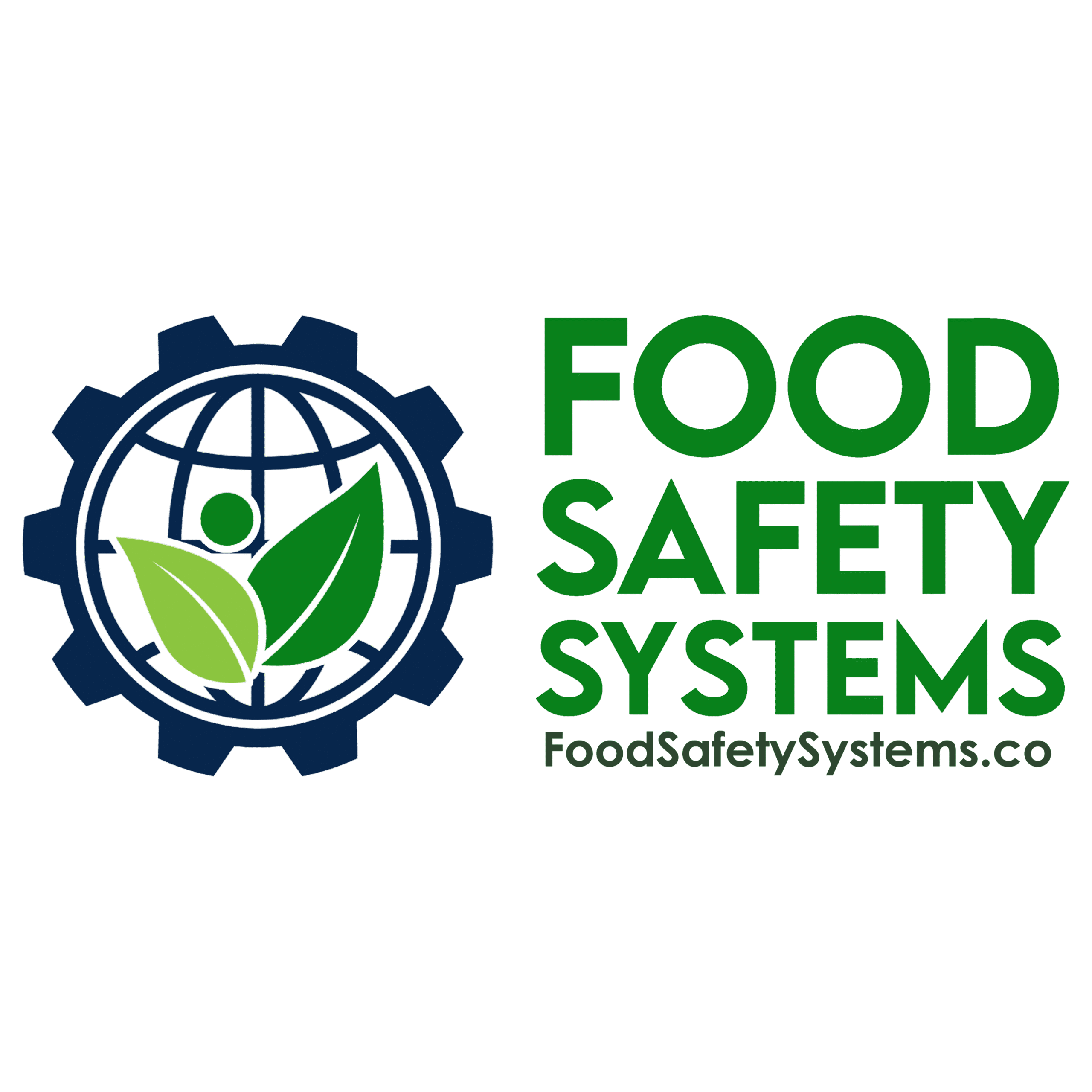Corrective Actions

Aligned with FSSC 22000 – Food Safety Management System Requirements
Requirement Overview
FSSC 22000 requires organizations to establish and implement predefined corrective actions to address deviations from food safety requirements, including failures at Critical Control Points (CCPs) or operational controls. Corrective actions must ensure that affected products are identified and managed appropriately, that unsafe food does not enter the market, and that the root cause of the deviation is corrected to prevent recurrence.
Corrective actions are an essential safeguard for consumer health, regulatory compliance, and the overall integrity of the food safety management system.
Note: All corrective actions must be documented, verified, and reviewed for effectiveness.
Aligned with BRCGS for Storage & Distribution Issue 4 – Clause 4.3.1 & 4.3.3
Requirement Overview
BRCGS for Storage & Distribution requires that products moved via cross-docking are traceable and controlled at all times, even when they are not held in storage for extended periods.
Clause 4.3.1: “The company shall ensure that traceability is maintained at all stages, including during cross-docking operations.”
Clause 4.3.3: “Procedures shall be in place to ensure that all products handled, including those not stored on-site, remain under control and are not subject to contamination or substitution.”
Cross-docking operations must not compromise product traceability, safety, or integrity. Even with minimal handling and temporary presence, each product must be accurately identified, documented, and protected.

Key Compliance Objectives
-
✓ Prevent non-conforming or unsafe products from entering commerce
✓ Identify and correct the root cause of deviation
✓ Document all actions taken, including product disposition
✓ Review and update procedures or plans where necessary
Step-by-Step Compliance Implementation
1. Define Corrective Actions for Each CCP or Control Point
-
Each control point must have:
-
• A clear statement of required actions if limits are not met
• Roles and responsibilities for executing corrective measures
• Procedures for holding, reworking, or disposing of affected product
Evidence to Maintain:
-
• Food Safety Plan with corrective actions documented
• Training records for personnel responsible for CCPs/controls
• Product hold logs and deviation reports
- • A clear statement of required actions if limits are not met • Roles and responsibilities for executing corrective measures • Procedures for holding, reworking, or disposing of affected product
- • Food Safety Plan with corrective actions documented • Training records for personnel responsible for CCPs/controls • Product hold logs and deviation reports
2. Identify and Address the Root Cause
-
Conduct structured investigations to determine why the deviation occurred.
Root Cause Analysis May Include:
-
• Reviewing equipment functionality
• Assessing procedural compliance
• Evaluating personnel training and performance
• Determining if the issue is isolated or systemic
Evidence to Maintain:
-
• Completed root cause analysis forms
• Maintenance, retraining, or process adjustment records
• Verification reports confirming effectiveness of corrective action
- • Reviewing equipment functionality • Assessing procedural compliance • Evaluating personnel training and performance • Determining if the issue is isolated or systemic
- • Completed root cause analysis forms • Maintenance, retraining, or process adjustment records • Verification reports confirming effectiveness of corrective action
3. Manage Disposition of Affected Product
-
Decisions must ensure consumer safety and regulatory compliance.
Possible Actions:
-
• Rework, reprocess, or relabel
• Downgrade or destroy
• Hold pending further testing or evaluation
Evidence to Maintain:
-
• Product disposition records
• QA approvals and lot traceability logs
•
Communication records with regulatory bodies (if required)
- • Rework, reprocess, or relabel • Downgrade or destroy • Hold pending further testing or evaluation
- • Product disposition records • QA approvals and lot traceability logs • Communication records with regulatory bodies (if required)
4. Documentation and Verification
-
All corrective actions must be formally recorded and verified for completeness and effectiveness.
Records Should Include:
-
• Date and time of deviation
• Details of deviation and affected lot(s)
• Action taken and responsible personnel
• Verification by an authorized reviewer
Evidence to Maintain:
-
• Corrective action logs/forms
• Verification signatures and approval dates
• Updated SOPs or HACCP plan where applicable
- • Date and time of deviation • Details of deviation and affected lot(s) • Action taken and responsible personnel • Verification by an authorized reviewer
- • Corrective action logs/forms • Verification signatures and approval dates • Updated SOPs or HACCP plan where applicable
Common Audit Findings & Recommended Fixes
| Audit Finding | Recommended Action |
|---|---|
| No corrective action defined for a CCP | Add written corrective steps into the food safety plan |
| Incomplete deviation documentation | Ensure all corrective actions are logged, signed, and verified |
| Repeated deviations not addressed | Perform root cause analysis and adjust processes or training |
| Affected product not properly managed | Strengthen product hold and disposition procedures with records |
Auditor Verification Checklist
Auditors will expect to see:
-
• Corrective action procedures defined for each CCP/control point
• Records of deviations and product disposition decisions
• Verification that actions taken were effective and reviewed
• Evidence of updates to procedures, training, or system documents as necessary
Implementation Roadmap
Build Your Program
-
✓ Define corrective actions for each CCP or OPRP
✓ Establish clear escalation protocols
Train and Assign
-
✓ Ensure monitoring staff understand their responsibilities
✓ Conduct practice sessions for deviation handling
Document and Control
-
✓ Record every deviation and corrective action taken
✓ Maintain product hold and disposition records
Review and Improve
-
✓ Perform root cause analysis for recurring issues
✓ Update food safety plans and retrain personnel as needed
Why This Matters?
-
✓ Prevents unsafe food from reaching consumers
✓ Demonstrates effective control and accountability
✓ Strengthens audit readiness and certification compliance
✓ Protects brand reputation and public trust
Support Tools Available
Food Safety Systems provides:
-
✓ Corrective action log templates
✓ Root cause investigation forms
✓ Control point corrective action examples
✓ Deviation handling training modules and SOPs
Privacy Policy | Terms of Service
Powered by interlinkIQ.com, Developed by ITBlaster.net, Owned and Operated by Consultare Inc. Group, A Compliance Company. All Rights Reserved.







